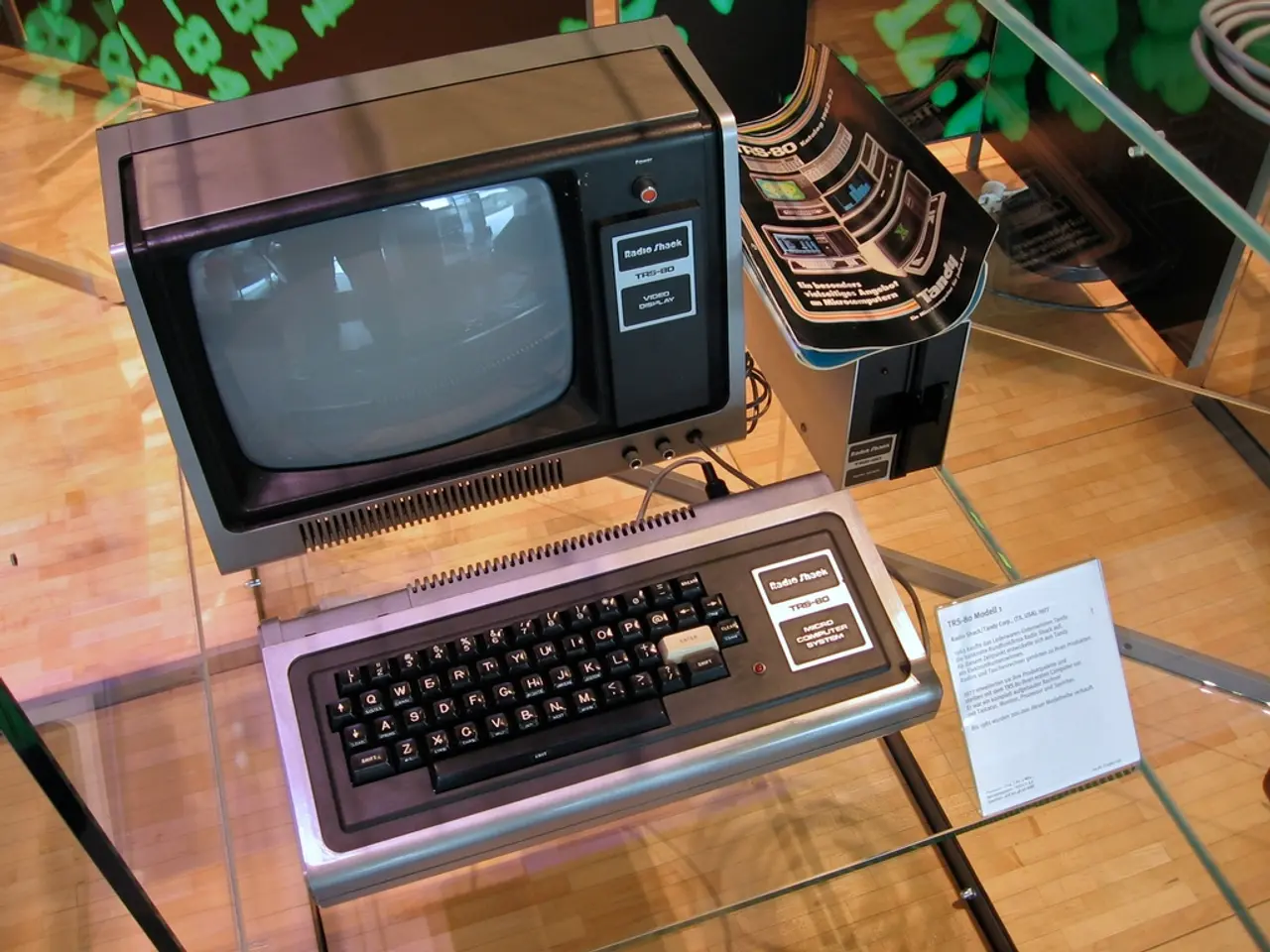Intel's iconic Itanium processor, known for its longevity, may be reaching its twilight as the deprecation of IA-64 support is once again being considered in GCC version 16.
The Itanium IA-64 architecture, a datacenter-focused CPU lineup that debuted in 2001, is facing deprecation in the Linux GNU Compiler Collection (GCC) version 16. This decision comes as a result of the outdated, unmaintained, and increasingly rare hardware support for Itanium.
The IA-64 architecture, developed in a joint partnership between Intel and HP, uses a Very Long Instruction Word (VLIW) approach. However, over the years, it proved too difficult to implement while maintaining competitive performance compared to other architectures, including traditional 32-bit x86 architectures. Despite years of promotion and hype, the IA-64 architecture never gained serious traction in the market.
One of the primary reasons for the deprecation discussion is the lack of maintenance. The GCC test suite has not been run against the IA-64 architecture for over a year, and there is no active maintainer for the IA-64 code. Moreover, emulation of IA-64 instructions is slow and incomplete.
The industry's shift away from IA-64 is evident. Instead of IA-64, the entire industry adopted AMD's x86-64 extension to the 32-bit x86 instruction set. The x86 roots and native backward compatibility with 32-bit applications made it a more viable option.
Intel, the manufacturer of Itanium chips, kept producing them all the way up to 2021. The final Itanium 9700 Kittson series featured a mixture of quad-core and eight-core models operating at up to 2.6 GHz. However, the first generation of Itanium chips, codenamed Merced, launched in 2001 with a single processor core, up to 4MB of L3 cache, and a max clock speed of 800MHz.
Linux's full kernel support for Itanium hardware was dropped two years ago, starting with version 6.7. With hardware support for IA-64 becoming exceptionally rare, it seems that the end of the road has come for this niche and legacy architecture within the modern Linux compiler ecosystem.
René Rebe, an open-source developer, is currently the only person keeping IA-64 support alive in the Linux compiler. However, the discussions leaning toward deprecating the IA-64 code in GCC 16 suggest that even this effort may not be enough to keep the architecture alive in the long run.
[1] https://lwn.net/Articles/927459/ [2] https://www.phoronix.com/scan.php?page=news_item&px=Linux-6.8-Drops-Itanium-Support
Read also:
- Industrial robots in China are being installed at a faster rate than in both the United States and the European Union, as the global market for these robots faces a downturn.
- Stock markets in India anticipated a moderate opening, influenced by mixed signals from global markets.
- Tesla's Model Y ride-sharing service halts operations in New York City
- Experienced a 4,000-mile journey in my 2025 Lexus GX 550 on Trail, found the vehicle packed with power, yet the infotainment system exhibited a disconcerting habit of resetting my personal settings arbitrarily.




